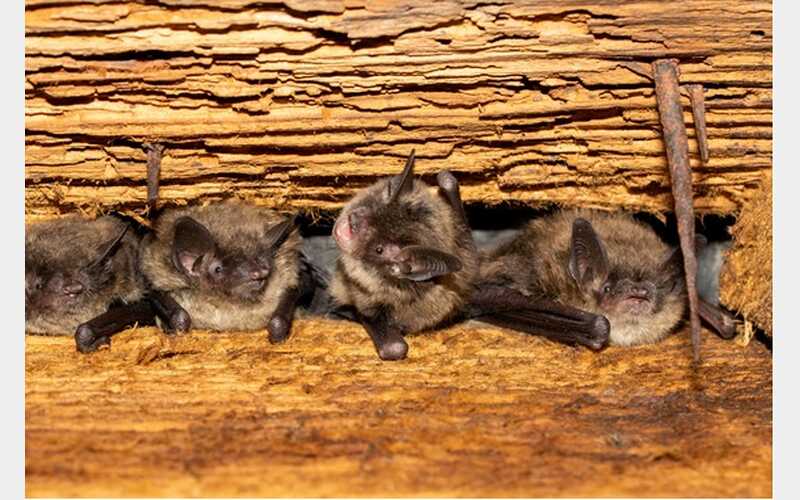45184

From: Jeff/Lake Almanor,CA, [DNS_Address]
Subject: Happy Halloween
|
Bats Face Real-Life Horror in California as Deadly Fungus Threatens Their Survival. Halloween nears and bats become a familiar spooky symbol, California wildlife officials are sounding the alarm about a real-life threat to these winged creatures of the night. The fungus behind the deadly white-nose syndrome, a disease that has wiped out bat populations across North America, has been detected in five Northern California counties. This Halloween, CDFW urges residents to be on the lookout—not for vampires, but for signs that could help protect the state’s invaluable bat populations from a very real nightmare. The California Department of Fish and Wildlife (CDFW) has issued a warning after detecting the fungus responsible for white-nose syndrome (WNS) in bats across five California counties, including Humboldt, Sutter, Placer, Amador, and Inyo. Although no bats in the state have shown visible signs of this deadly disease yet, the fungus poses a significant threat to California’s bat population. White-nose syndrome has devastated bat populations across North America, particularly affecting hibernating species like the little brown myotis and Yuma myotis. This disease, caused by the fungus Pseudogymnoascus destructans, damages bat wings, often leading infected bats to wake from hibernation prematurely and exhaust their fat reserves, resulting in dehydration and death. CDFW confirmed the presence of the fungus in Humboldt County in 2023, expanding to four additional counties in 2024. There is also inconclusive evidence of the fungus in other counties, including Trinity, Siskiyou, and Shasta, with more test results pending. The detection of this invasive fungus is the first in California involving a Western red bat, identified through genetic sequencing. As CDFW and national partners continue monitoring, they urge the public not to handle wildlife, especially bats appearing sick or behaving unusually. Reporting sightings of sick or dead bats can aid in tracking and managing this potentially devastating disease. The presence of white-nose syndrome could have long-term ecological impacts. California’s 25 bat species play a crucial role in pest control, benefiting agriculture and supporting ecosystem health. CDFW advises residents to avoid spreading the fungus through contaminated clothing or gear and offers resources on decontamination protocols to prevent its spread. |
Responses:
[45185]
45185
From: Jeff/Lake Almanor,CA, [DNS_Address]
Subject: Ok, if that was not weird, wacky or batty enough for Halloween
|
Enjoy this. |
Responses:
None